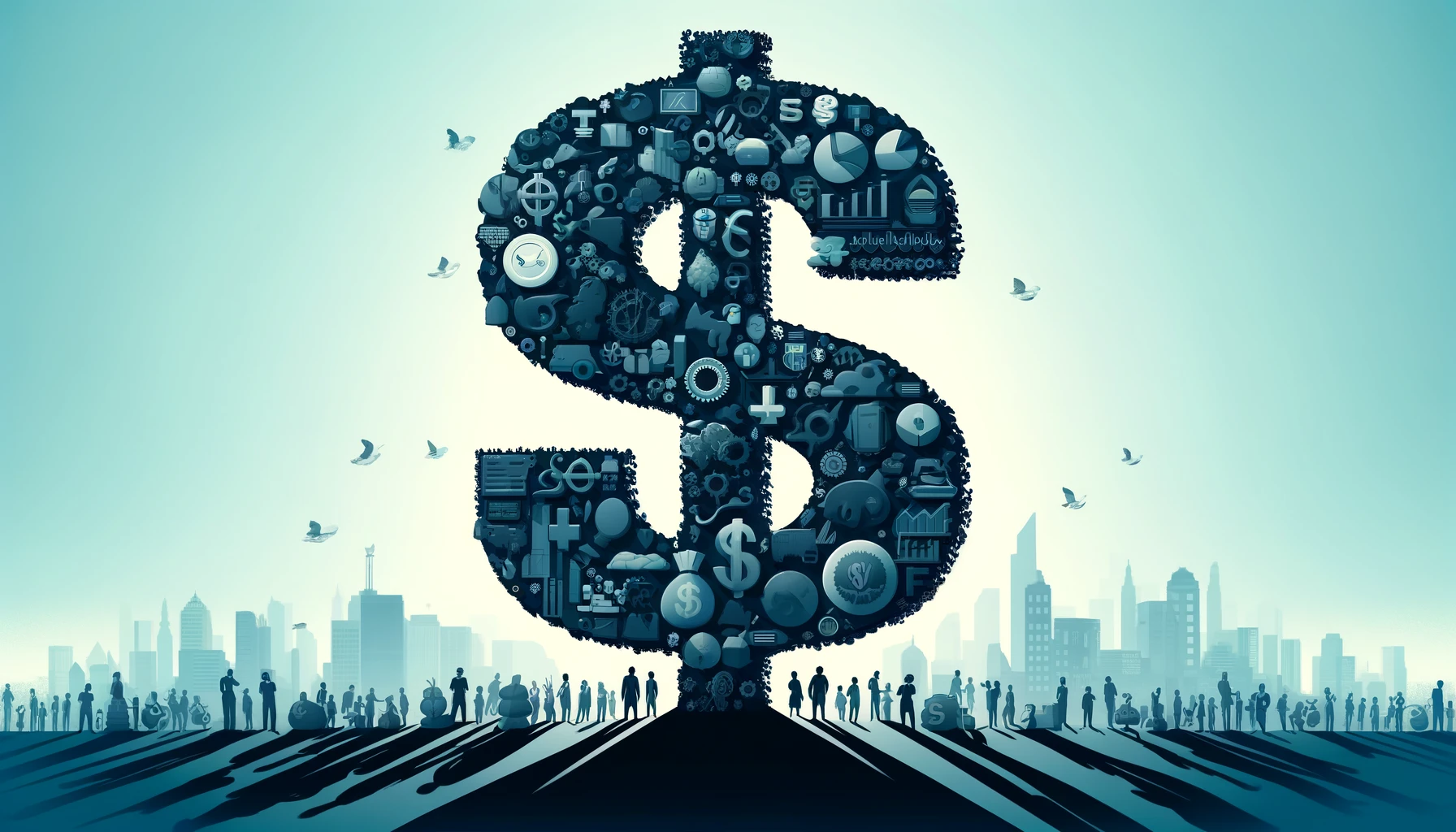The US dollar has been on a tear lately, and not everyone’s thrilled about it.
Earlier this April, it hit a six-month high compared to other major currencies, thanks to the US interest rates. This ramp-up hasn’t been kind to everyone, particularly in Asia where currencies like the Japanese yen and the Korean won have tanked to all-time lows. Over in Europe, the euro and the renminbi are also feeling the heat.
Economic Fallout from Dollar Dominance
This isn’t the first time the dollar has soared; it spiked back in September 2022. That time, a sudden rate hike and the ongoing conflict in Ukraine had people scrambling for the safety of the dollar. But 2022’s scenario was a bit different, as it was part of a global tightening phase.
Fast forward to now, and the US economy is sizzling compared to a rather tepid global economy. With the US keeping interest rates high while other places are lowering theirs, the dollar becomes even more attractive, promising better returns and tapping into that robust US growth.

However, a beefy dollar has its downsides, particularly for trade. It can mess with global inflation because as the dollar strengthens, it lets Americans buy more goods from abroad cheaply. This demand can drive prices up globally, especially since commodities have been dancing to the dollar’s tune since 2020.
For the US, this might sound great, but it’s not without problems. Cheaper imports can overshadow US exports, which hurts domestic industries and could throw a wrench in President Joe Biden’s plans to boost manufacturing and trim the trade deficit.
The strong dollar also makes it pricier for emerging markets to pay back their dollar-denominated debts. The IMF’s Kristalina Georgieva has already waved the red flag about this, hinting at potential defaults that could send shockwaves far beyond their borders.
Global Reactions and Long-Term Speculations
Facing such dollar dominance, countries with hefty dollar reserves might think about selling some off to ease the pressure. But with US rates likely staying high, any relief from such sales would be short-lived. Some nations, like Indonesia, have hiked their own rates to keep up, but that’s a double-edged sword that could stifle their economic growth.
Looking ahead, all eyes are on the US presidential election this November. President Biden hasn’t said much about the strong dollar, but his Treasury Secretary, Janet Yellen, has shown some concern in international circles. On the flip side, Donald Trump has slammed the strong dollar as a “disaster” and hinted at some radical ideas to handle it and the US’s mounting debt if he gets back in office.
Just this Monday, the yen shot up by as much as 5 yen against the dollar, thanks to heavy intervention by Japanese banks, marking their first major move in 18 months. This came right after the yen hit a 34-year low. It’s a busy week for currency folks, with a Federal Reserve meeting wrapping up soon and crucial job data from the US coming out by Friday.
Even with the recent actions, the dollar was trading down 1.7% at 155.55 yen by mid-morning. The thin trading in Asia, courtesy of Japan’s Golden Week holiday, added to the market’s jitters about possible further interventions.
As we look at the bigger picture, other central banks like the European Central Bank and the Bank of England are expected to cut rates more aggressively this year compared to the Fed. This disparity has kept the dollar strong against most currencies, though the euro and the pound have managed minor rebounds from their lows in mid-April.





